
Radar | Aug 03,2025
Leul Gebrue and Eskedar Nigussie are co-owners of Romi Vello & Makeup, a shop in the Kotebe area that rents out bridal dresses and suits and provides makeup services. From April 2020 until September, their business was quiet due to the state of emergency declared by the government as a response to COVID-19. Like so many others, they did not expect that this would happen and had no backup plan.
The restriction on gatherings involving more than four persons meant that weddings were not celebrated. No one required photos, no one needed makeup, and no one was interested in renting clothes. They were hardly the only ones though. The partial lockdown boded ill for any business that depends on weddings: clothing rental shops, hotels and makeup studios to name a few.
Leul and Eskedar had no choice but to let their employees go.
“With the savings we had," said Leul, "we couldn't afford to support more people."
When events were cancelled, people began to demand the return of their advance payments, and the shop obliged, returning almost all of the money they had received. For about four months, their landlord had allowed them to pay only half of their usual rent. But after July, they were back to paying the full amount despite a complete lack of customers.
The wedding business is seasonal in Ethiopia, and most marriage ceremonies take place in September, January and February or May following the celebration of Easter. With the first case reported in March, over 157,047 people have tested positive for COVID-19, and 2,340 individuals have lost their lives to the pandemic over the same period.
The loosening of COVID-19 restrictions and the arrival of the January wedding season is good news for businesses like Romi, but the pandemic's effects have by no means dissipated.
Even though customers started to trickle into the shop last month, almost a full year since the pandemic's onset, they were hard put to afford the usual prices.
"The pandemic also hurts people," said Leul. "We're trying to revive slowly, just by taking all the opportunities we get and by attracting customers with lower prices and quality products."
He added that the business used to earn an average of 20,000 Br a week before the lockdown. However, even since business picked up last month, they barely earned enough to cover their rent.
The story is not much different in the realm of hotels.
Dressess on display in the window of a bridal shop in bole.
The hotel industry used to enjoy a high rate of occupancy, often reaching 80pc. Since the outbreak of COVID-19, it has plummeted to a tenth of the available rooms. Not even the advance payments made booking ballrooms and halls for weddings were spared.
In the case of Ras Hotel, one of the hotels known for hosting weddings, the management had to return close to two million Birr in advance payments, according to its General Manager, Masresha Gebremariam.
Like Yetu Bridal Shop, some businesses were able to squeeze through by offering their services at discounted prices.
"We reduced our prices by up to 80pc,” said Yetnayet Tesfaye, owner of Yetu.
But hotels could hardly use the same strategy due to their high overhead costs.
"There is no plan of decreasing our prices until we get back on our feet," said Debebe Worku, general manager of Ras Amba Hotel, which is located along Elisabeth Avenue going east to the British Embassy. "The only thing we can do is attract and satisfy customers by taking precautionary measures against COVID-19 and providing exceptional service and hospitality."
As expected, wedding celebrations have picked up in the January season, but there are a few changes. Many couples are celebrating their wedding by way of photoshoots, wearing wedding clothes and makeup. Thus, the clothing rental shops and makeup studios are working a little, but other wedding businesses that do not involve clothes or makeup are still out in the cold.
People nowadays don't gather their families and friends to celebrate their weddings, which makes hotel services unnecessary for them, according to Masresha.
"Even though Ras Hotel provides services at lower prices than other hotels, it works only at 25pc capacity. I can't fathom how more expensive hotels are surviving."
Government support to revive the sector, in the form of low-interest loans, has done little to remedy the situation.
"I object to the term 'reviving,'" said Masresha. "It's better to say there has been a slight growth."
The first round of loans was issued in June 2020 with a five percent interest rate. A second round was then made available a few months later in December, but this time the interest rate had risen slightly to 5.5pc. The hotels were permitted to get loans from any bank of their choosing, and there were no general limitations on the amounts that they could borrow.
They must pay the loans back in a year, a difficult prospect considering the lack of business.
“The government tried its best to help us,” said Debebe, "but it would have been better if they gave us the money as support or extended the payback period."
The hotels still have to contend with the added stress and expenses brought on by carrying out precautionary measures against COVID-19 for the few events they manage to host. They sanitise all their materials, including chairs, tables and cooking utensils. They provide masks to guests, not to mention their employees, who are instructed to wear gloves and maintain their distance from customers.
The hotels also do not let guests serve themselves, as is customary during weddings. Rather, waiters in protective gear are assigned to serve customers. On top of that, the hotels use their halls at half capacity. But here, some of the customers are a help too.
“We reduced our wedding guest list by half," said a bride who wished to remain anonymous. "We only called our close family and friends."
Regardless of the measures being taken, the risk of spreading the virus is still real, although experts say that there does not need to be a complete embargo on wedding celebrations.
Celebrating weddings while taking the appropriate measure is possible, according to Alemayehu Worku, a professor of public health at Addis Abeba University.
“The important thing is that every person is fulfilling their responsibility toward taking the appropriate precautionary measures against COVID-19," he said.
But these measures are often ignored, according to the hotel managers. Hotels offer water and soap to their customers before entering the halls, but not many are inclined to acquiesce.
"We can't oblige our guests to take the precautionary measures that we do; rather, we motivate them," said Debebe. “If we make it an obligation, people will get the wrong idea that we don't respect our guests; and right now, we can't afford to lose the customers we have."
Most people do not wear masks at all, while some people wear them when they enter the venues, but they eventually take them off, according to the managers.
Those who do observe the precautionary measures are mostly the elderly.
“If one person takes the precautionary measures while others don't, it doesn't have any use," said Alemayehu.
Other businesses need to have these measures in place as well, but it seems that many are disregarding the pandemic.
Clothing rental shops indicated that they do not wash their products after a customer tries them on. They only wash them before handing them over once the customer has chosen what they like.
“People should avoid trying on these clothes," said Alemayehu. "Still, the shop should provide water and soap and convince people to wash their hands before and after they try the clothes on."
Makeup studios are not faring much better either. They serve up to four customers at once and sometimes cater to two wedding parties a day. The makeup artists wear masks during the service and are supposed to sanitise their materials after every use. Still, it is doubtful that they are all taking the necessary precautions, according to customers.
“They used the same materials to apply the makeup on my bridesmaids and me," said a bride who wishes to remain anonymous.
“No material used on one person's face should ever be used on another person before being washed and sterilised,” said Alemayehu. “The makeup artists should wear the same protective equipment used by doctors.”
PUBLISHED ON
Feb 27,2021 [ VOL
21 , NO
1087]

Radar | Aug 03,2025
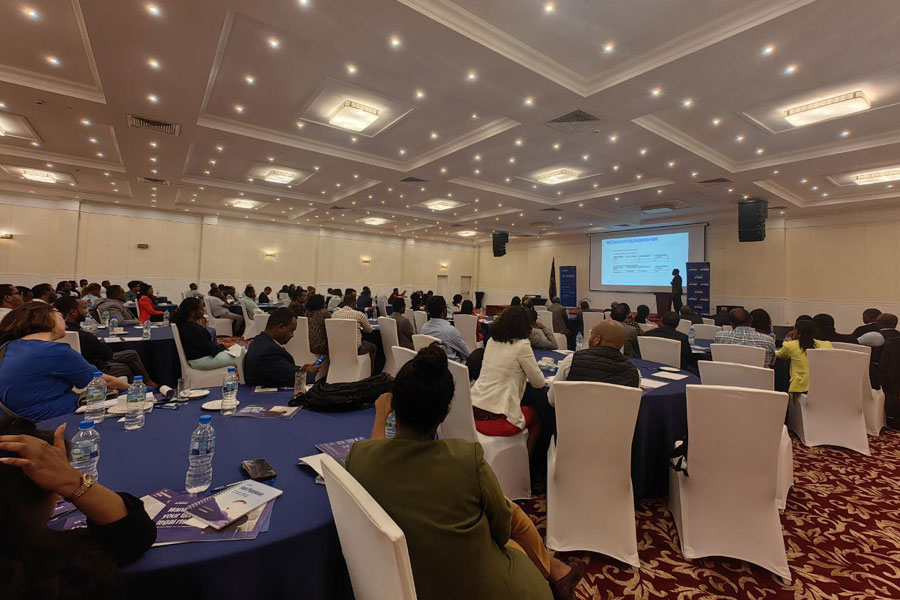
Fortune News | Oct 21,2023

Fortune News | Dec 29,2018

Fortune News | Oct 26,2025
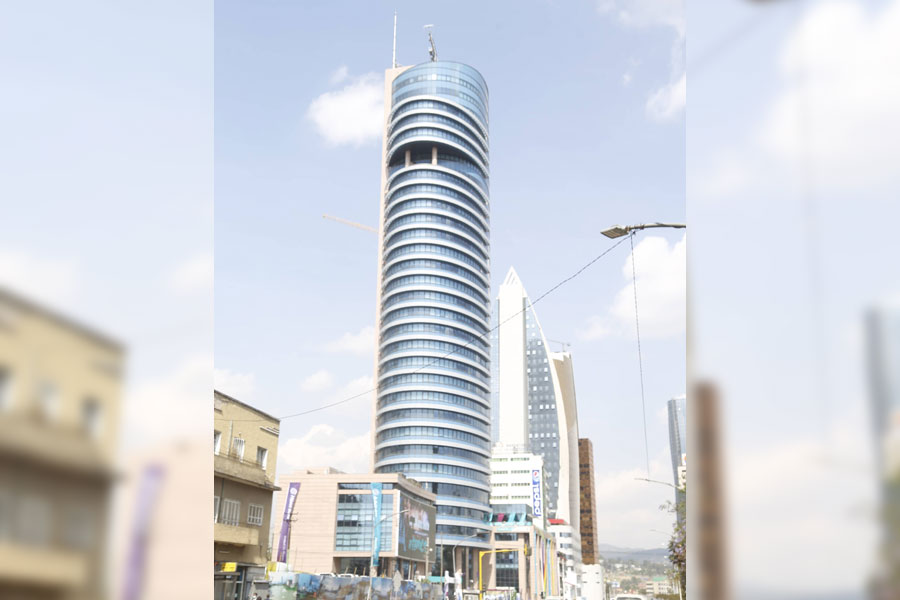
Agenda | Jan 15,2022

Viewpoints | Jun 08,2024
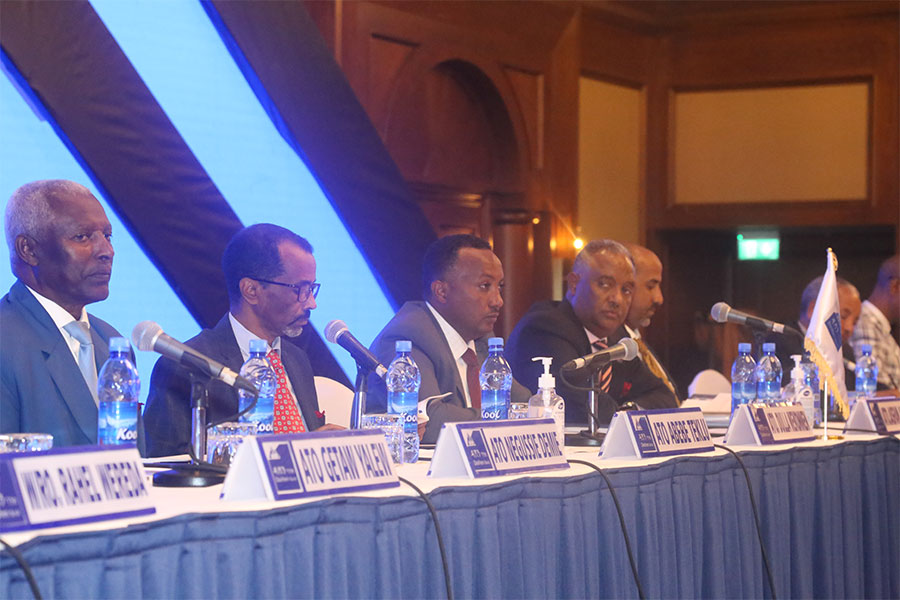
Fortune News | Nov 27,2022

Editorial | Aug 20,2022
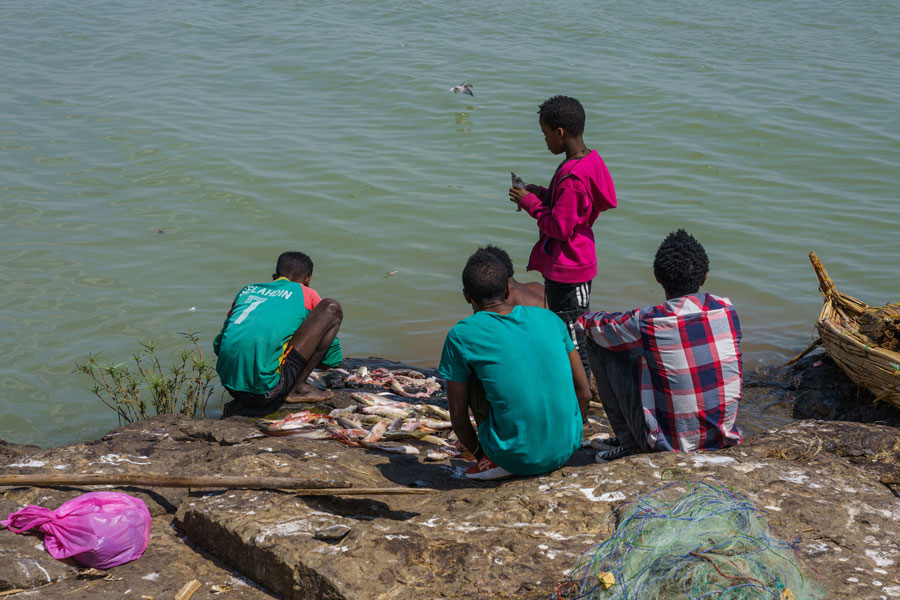
Fortune News | Aug 17,2025
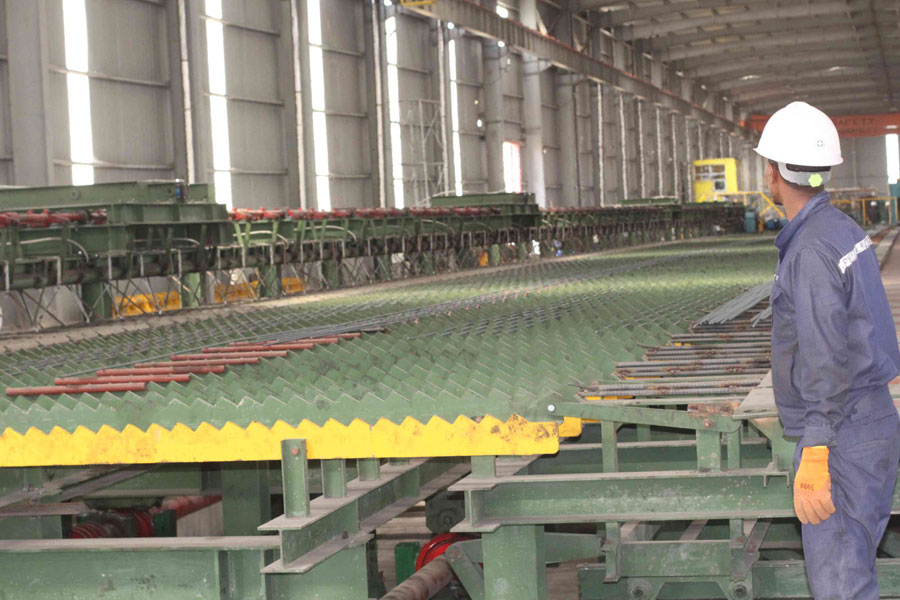
Fortune News | Mar 23,2024

Dec 22 , 2024 . By TIZITA SHEWAFERAW
Charged with transforming colossal state-owned enterprises into modern and competitiv...

Aug 18 , 2024 . By AKSAH ITALO
Although predictable Yonas Zerihun's job in the ride-hailing service is not immune to...

Jul 28 , 2024 . By TIZITA SHEWAFERAW
Unhabitual, perhaps too many, Samuel Gebreyohannes, 38, used to occasionally enjoy a couple of beers at breakfast. However, he recently swit...

Jul 13 , 2024 . By AKSAH ITALO
Investors who rely on tractors, trucks, and field vehicles for commuting, transporting commodities, and f...

Oct 25 , 2025
The regulatory machinery is on overdrive. In only two years, no fewer than 35 new pro...

Oct 18 , 2025
The political establishment, notably the ruling party and its top brass, has become p...

Oct 11 , 2025
Ladislas Farago, a roving Associated Press (AP) correspondent, arrived in Ethiopia in...

Oct 4 , 2025
Eyob Tekalegn (PhD) had been in the Governor's chair for only weeks when, on Septembe...